We know when we write stories about offenders and drug users that sympathy is likely to be in short supply.
And so it was this week when the latest drug death figures were released on the day after The Courier had shown readers inside the Scottish Prison Service’s new women’s custody unit in Dundee.
A lot of the reaction was what you might expect.
A few people welcomed the unit, which will prepare women prisoners for re-release into the community.
Others shared longstanding concerns about the site in the Hilltown area.
But there was also anger at the ‘luxurious’ accommodation, which includes ensuite bedrooms, a common room with flat screen TV and a children’s playground.
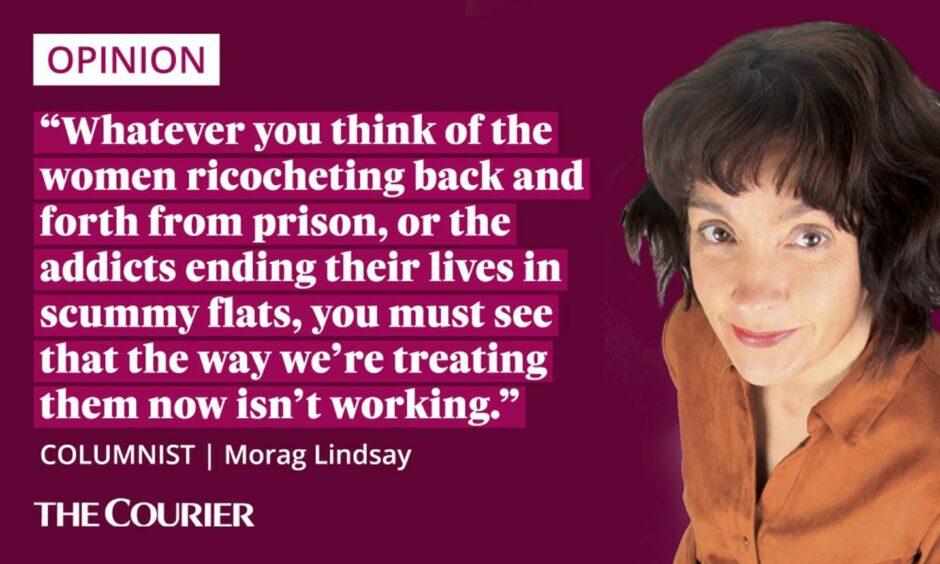
And as for the 1,330 people in Scotland who lost their lives to drugs last year?
Here it boiled down to political point-scoring, the odd jibe about ‘junkies’ and a lot of shrugged shoulders.
When it’s easier to ignore how the other half live
It’s understandable maybe.
Most of us don’t become drug addicts, or spend our lives getting thrown in and out of jail.
We don’t mix in those circles.
We see the symptoms – the stolen goods and discarded needles – not the causes.
And our lives would be so much more pleasant if the people causing all that nuisance could please just do us the courtesy of remaining out of sight, as well as out of mind.
But while drugs and crime aren’t a part of my daily life, they’re still my problem.
Yours too.
And whatever you think of the women ricocheting back and forth from prison, or the addicts ending their lives in scummy flats, you must see that the way we’re treating them now isn’t working.
How to break the cycles of crime and addiction
Spend a day with one of our court reporters and you’ll be struck by just how often drugs and crime cross over.
Not just in cases involving possession, or dealing. But in the thefts and robberies and shoplifting that are paying for all of those expensive habits.
Community Safety Minister @AshtenRegan today welcomed the completion of @ScottishPrisons first womens' Community Custody Unit in Dundee.
More ➡️ https://t.co/IGUegNnOGa pic.twitter.com/ELqQvaNXZG
— ScotGov Justice (@ScotGovJustice) July 28, 2022
It’s especially true for women offenders, who have been found to have higher levels of drug dependence than men, and who are more likely to be in jail for those crimes of dishonesty.
You might not care about what drugs and crime are doing to the lives of the people caught in their spirals (although, honestly, you should). But at least consider what they’re doing to yours.
They’re clogging up our courts, gobbling up our taxes in health and justice budgets and fuelling the seemingly endless cycles of offending and addiction that are dragging down our communities.
We can turn our backs on drug addicts and lock prisoners in a cell until it’s time for them to be released again.
(And all but a tiny proportion of the most serious offenders will be released again.)
But if we let prejudice and stigma block their access to support, we don’t get to act shocked when they fall right back into the only lives they’ve ever known.
Dundee has taken bold action on prisons – now what about drug deaths?
The Scottish Prison Service’s new women’s community custody unit in Dundee is designed to do things differently.
Known as the Bella Centre, it’s the first of its kind in the UK. And it’s based on a Scandinavian model, which focuses less on punishment and more on addressing the underlying causes of offending, such as poverty and mental health issues.
Women prisoners are housed in decent accommodation. They learn life skills, and are given greater support to reintegrate into the community.
In countries like Sweden, where the shift from punishment to rehabilitation is well under way, they’ve been linked to far lower rates of re-offending than in Scotland.
On drugs, which claimed 52 lives in Dundee last year, similarly bold measures are being proposed.
A Drugs Death Taskforce report, published earlier this month after three years of work, called for 139 specific actions to be taken by the Scottish and UK Governments.
It too recommends a swift transition from punishment to care and recommends legislation at a UK level to allow safe drug consumption rooms to be set up.
Taskforce chairman David Strang has said these so-called ‘shooting galleries’ – where addicts can take drugs in a safe, controlled environment and receive additional support, could even be implemented in Scotland under the law as it stands.
They are not a “magic solution”, he says, but they could help as part of a package of measures.
We can, and must, do better
I don’t imagine many people will jump for joy at the prospect of a safe consumption room in their neighbourhood.
Not if the reaction to women prisoners getting free wifi and a place to play with their toddlers is anything to go by.
But if we don’t try doing things differently, the spirals will keep happening.
They will bring more deaths, more crimes, more negative headlines and more misery for the rest of us.
And I’d like to believe we can all do better than that.

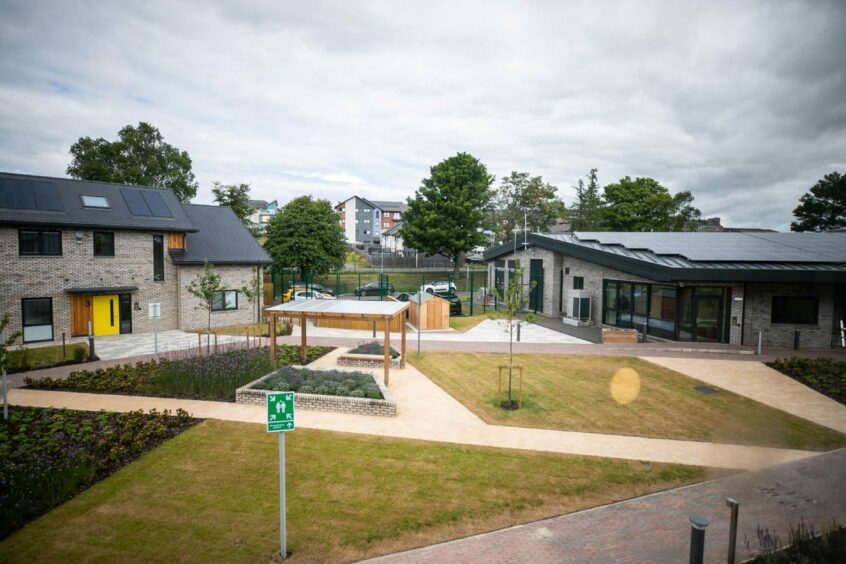
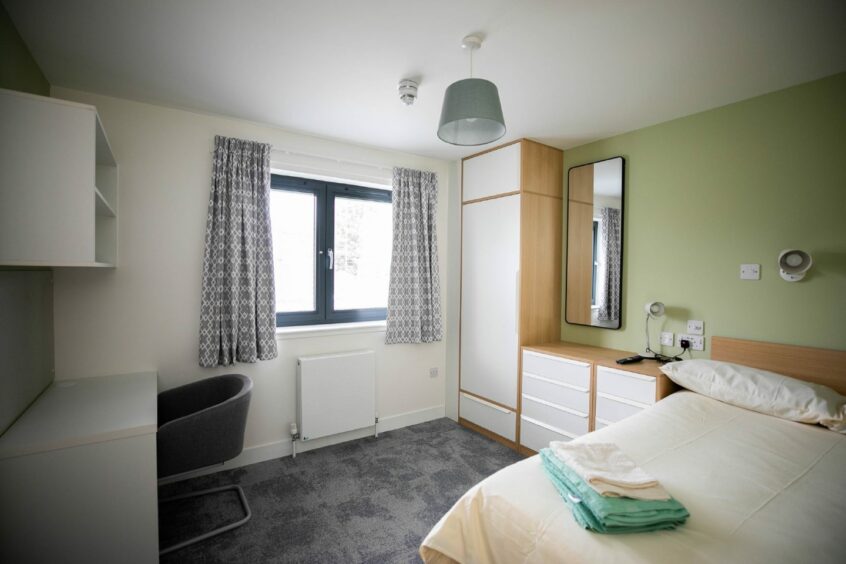
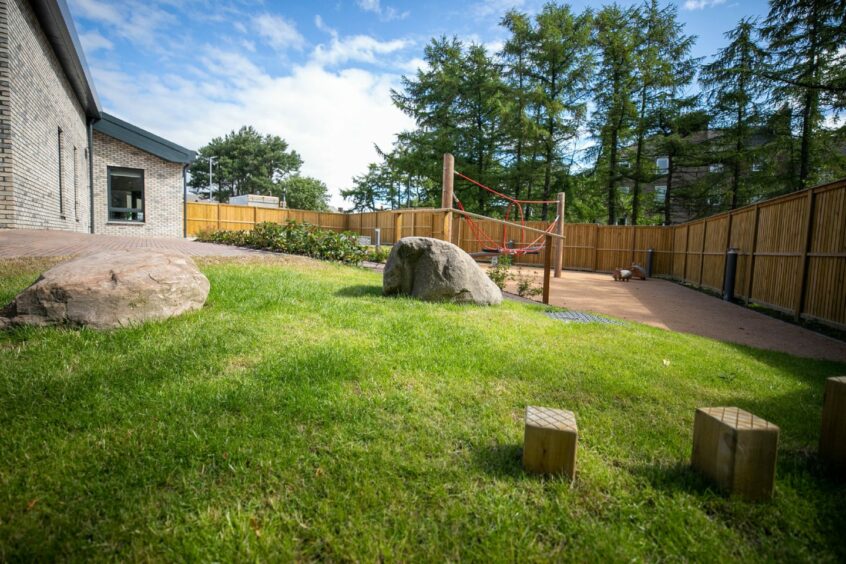








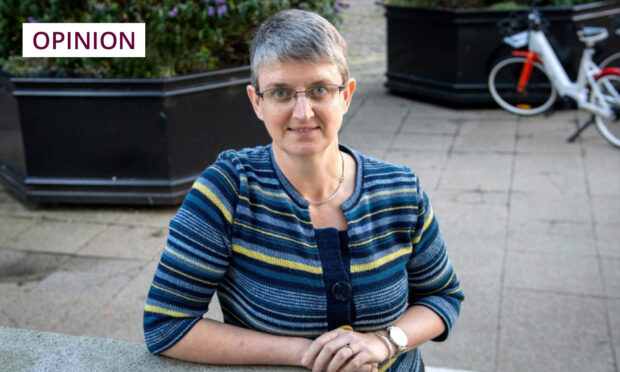







Conversation